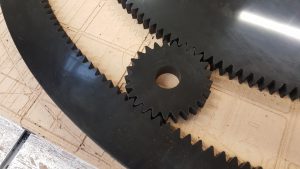Engineering Plastics

Read More About Our Engineering Plastics Machined Component Parts
CNC Milling Engineering Plastics
CNC Turned Engineering Plastic
Engineering Plastic Sheet Cutting, CNC Routing
Fabrication Engineering Plastic Custom Parts
Without doubt, the company is one of the UK’s leading Engineering Plastic CNC Machining Companies. Certainly, Sentinel Plastics is a hugely experienced UK company that machine custom engineering plastic parts. Thus, customers return year after year for all there Machined plastic Parts .
SEND IN YOUR ENQUIRY 
Below are just some of the Engineering plastic materials CNC machined.
PVC is rated Self-Extinguishing, has an exceptional chemical resistance with high mechanical and tensile strength.
.
A rigid, hard wearing thermoplastic material. Ideal for forming.

A range of grades available Including Extruded and Cast Nylon 6, Nylon 66, MOS2 (Molybdenum Disulphide) filled.

Available in Copolymer and Homopolymer grades. A dimensionally stable material with good electrical properties and abrasion resistance.

A very versatile Engineering Plastics that has many advantages, namely acid resistance, lightweight with high impact resistance.

A range of polyofins Engineering Plastics also referred to as PE300, PE500 and PE1000. Used in various applications from pipe fittings, wear strips to conveyor systems in food processing environments.

A range of 2 or 3 ply laminates in many different colours.